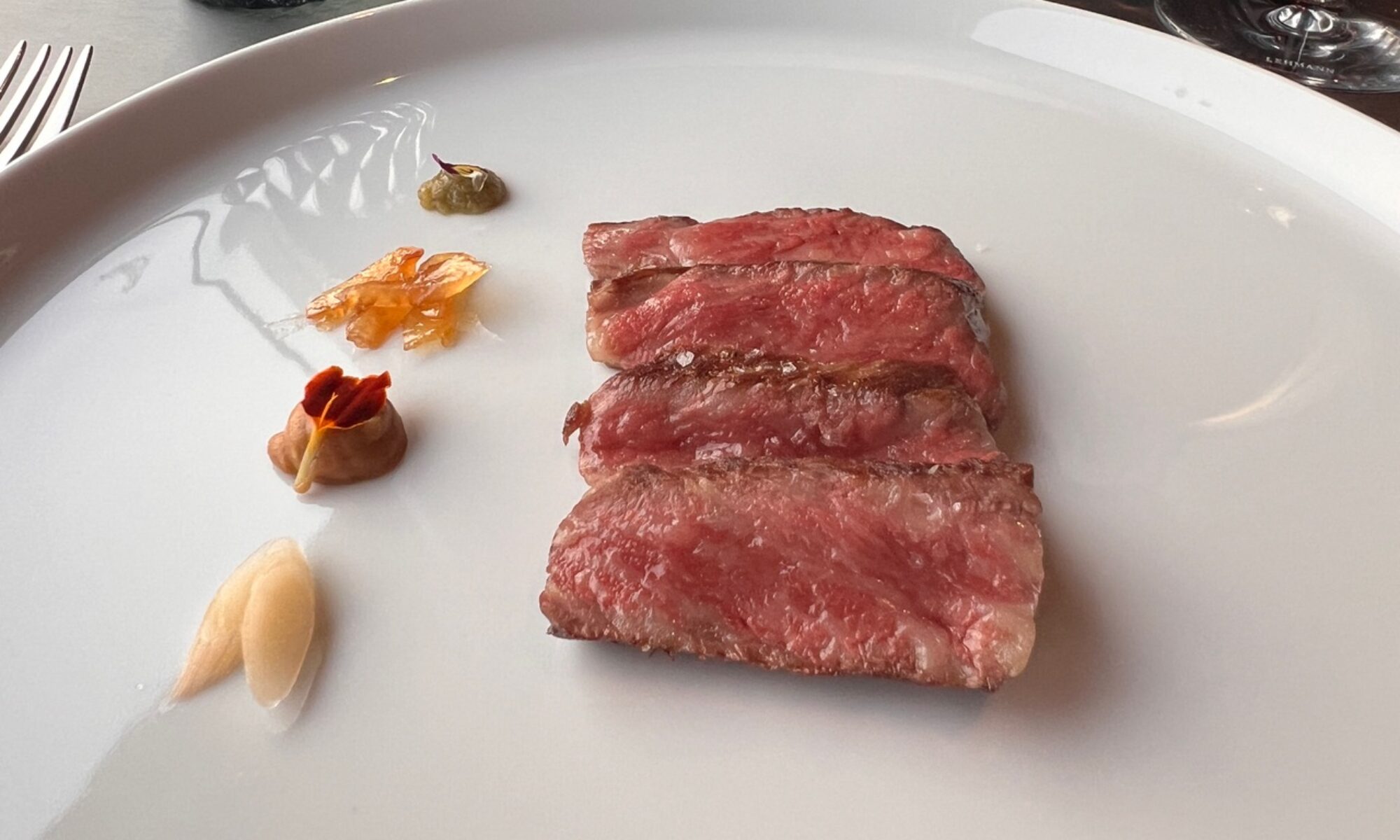Heute ist Tag der italienisch Küche – Es wird weltweit Pasta alla Carbonara gekocht – nach original Rezept
Pasta alla Carbonara gibt es in jeder Pizzeria, aber nur selten wird sie authentisch hergestellt. Die italienische Köche Vereinigung „itchefs“ organisieren das Event.
In Deutschland nimmt nur TV-Koch Sante de Santis vom Stuttgarter Edel Restaurant http://www.santedesantis.de/er_cuppolone.htm Er Cuppolone teil.
Die Liste sämtlicher teilnehmenden Restaurants gibt es hier:
www.itchefs-gvci.com/index.php?option=com_content&task=view&id=50&Itemid=31
Pasta alla Carbonara – das authentische, italienische Rezept der „itchefs“:
:
Zutaten für eine Portion:
• 60 to 80gm spaghetti freshly cooked al dente
• 1 tablespoon Extra virgin olive oil
• 30gm smoked flat pancetta or guanciale
• 1 or 2 eggs
• 25 gm freshly grated Pecorino Romano and/or aged Italian Grana Cheese (Grana Padano or Parmigiano Reggiano)
freshly grounded black pepper
PROCEDURE
• Mix the beaten egg with grated cheese and grounded black pepper
• Slice the pancetta 7 to 10 mm thick and cut in 2 cm rectangular bites
• Slowly fry the pancetta in the extra virgin olive oil in a non stick pan until crispy. If the pancetta has enough fat you will not need to add oil
• Add the spaghetti with some of the cooking water, do not fry the spaghetti but rather just let it absorb the flavour of the pancetta
• Simmer gently until the water is almost gone
• Remove the pan from the stove
• Add the egg, cheese and pepper mixture to the pasta and stir quickly making sure the egg does not overcook but remains creamy. It shouldn’t pass the 70-72 C˚ (158-162 F˚) temperature, which is the point at which its coagulation starts
• Place in a hot pasta bowl
• Season with grounded black pepper
• Serve immediately
• Offer more black pepper and more grated cheese at the table
REMARKS
1. You cannot make a Carbonara with pre-cooked pasta
2. Cream is not an option but a gimmick, avoid it
3. If you like, you can mix the two cheeses
4. Timing is important when you serve this dish
5. Make sure the plate or bowl is hot
6. Do not overcook the egg, otherwise you will make spaghetti with scrambled egg.
THE MISTERIOUS ORIGINS OF THE DISH
Carbonara has a very recent history. No Italian cookbooks older than 50 years give reference to its recipe. There are indeed various legends circulating about the origins of the dish but none of them is very credible. The basis of the word Carbonara is carbone – charcoal. Legend has it that this way of cooking pasta was very popular among Roman Carbinai, men who worked in the bush, carbonising wood to produce charcoal. But the connection is not very convincing. Others say that Carbonara comes from Carbonari, which has the same meaning as carbinai, but was used for the underground Italian insurgents fighting for independence from the Austrians two hundred years ago. However, no proof has been found of any association of Carbonara with them.
There is a school of thought claiming that a Carbonara is among the recipes of La Cucina Teorico Pratica, a book edited in 1837 by the Neapolitan Duke Ippolito Cavalcanti. That recipe though doesn’t have pancetta nor guanciale and the eggs are overcooked. Cavalcanti’s recipe is basically another dish but appears very similar to the traditional pasta cooked with “unto e uovo”, “grease and egg”. Before pancetta or guanciale, two hundred years ago, lard was used instead. Finally some say that Carbonara comes from the color of pepper that must be sprinkled abundantly over the dish. But in the past pepper was a very expensive spice, Carbonara instead was a poor peasant dish. Pepper was added later.
The American origin: culturally, this legend is the hardest to believe. Apparently, in 1944 when the US Army arrived in Rome, American soldiers mingled their scrambled eggs and bacon with pasta and suddenly the Italians copied them.
Mehr Infos (in englischer Sprache) über die italienische Küche bei den ITCHEFS: http://www.itchefs-gvci.com/
Die richtige italienische Küche lernt man in Sante de Santis Kochschule:
http://www.santedesantis.de/kochkurse.htm

